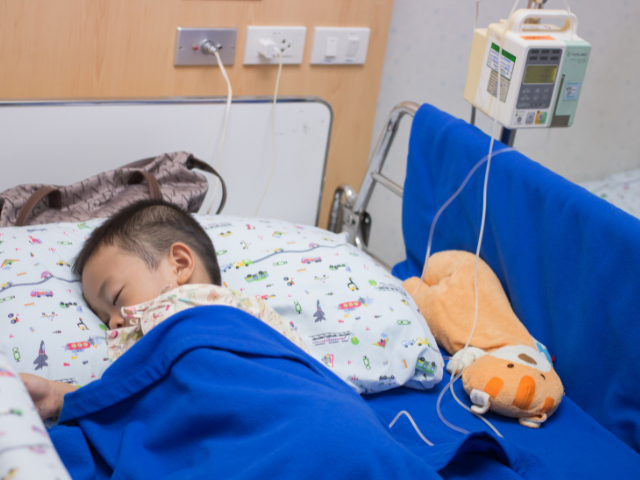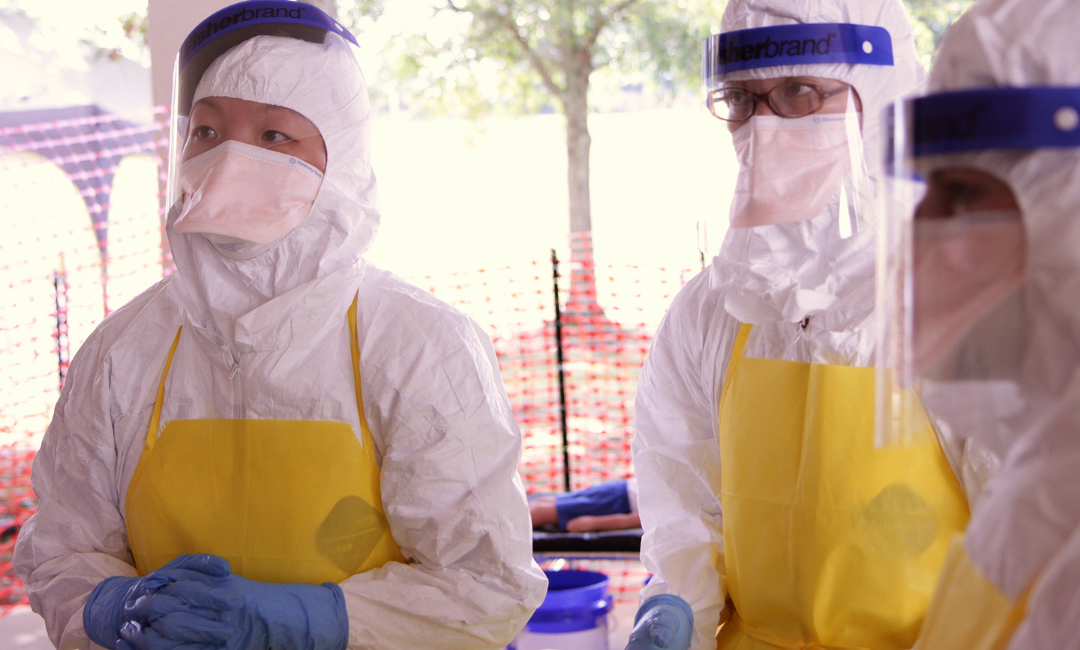Patient Care During Hawaii Nurses Strike
With the medical center’s nurses locked out until a contract agreement is reached, temporary travel nurses were brought in to pick up shifts. But some patients have said the quality of care isn’t the same.
Yuzo Mochizuki, the mother of a 7-year-old boy who has a rare neurological condition, told Hawaii News Now that the temporary staff ignored her son when he was vomiting and “suffering from low oxygen.”
“In this case, the travel nurses told me they’ve been working six, seven days straight, so I think they are really tired and they are shorthanded. I think there wasn’t enough staffing to tend to everyone that needed help,” she told Hawaii News Now.
The Agreement
With both sides of the strike unable to come to terms, Hawaii Gov. Josh Green, M.D., and Attorney General Anne Lopez suggested on Sept. 24 the use of a federal mediator.
“Our nurses are a critical piece of our health care system in Hawai‘i,” Green stated in a news release. “I encourage both parties, who I respect, to request the assistance of a federal mediator. A neutral mediator can help break through barriers and guide both sides toward a fair agreement that serves our community and allows us to care for our sickest children.”
Days later, the hospital agreed to “extend medical, dental, and vision benefits” to nurses after Sept. 30, under the following conditions:
- HNA maintains participation with the federal mediator and negotiations are ongoing and productive.
- HNA negotiates in good faith during this process.
- HNA does not disrupt services. This includes disruption of patient access and services, including employee, temporary worker, vendor, and visitor access.
Negotiations continued, with an HNA Instagram post stating that an agreement, expected to be ratified on Thursday, included “the first contractually enforceable nurse-to-patient ratios in Hawaii history.” The hosptial, however, stated that staffing had been a priority “throughout these negotiations,” according to the the Star-Advertiser.









